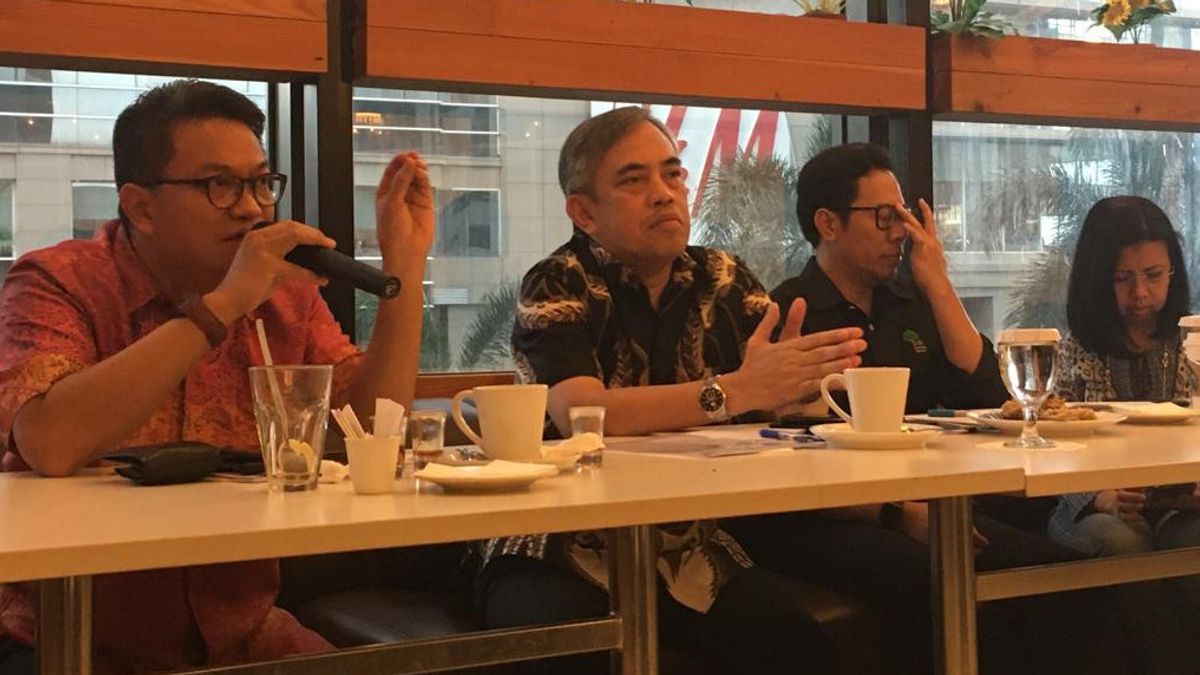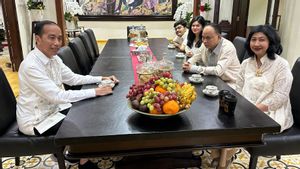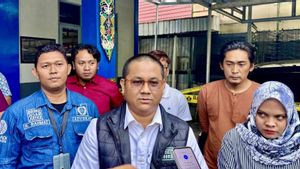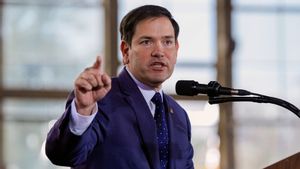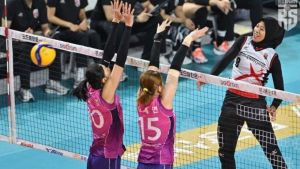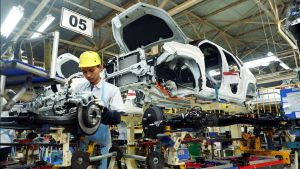JAKARTA - The rise of news related to the understanding of "fried stocks" encourages the management of the Indonesia Stock Exchange (BEI) to straighten this out to the public in general, and investors in the Indonesian Capital Market in particular. Previously, the term fried stock was busy following the default case experienced by Jiwasraya.
The failed payment of Jiwasraya's JS Saving Plan insurance policy was due to the wrong placement of the investment portfolio. Jiwasraya reportedly spreads investments in stocks and mutual funds that are low-quality and high-risk, aka "fried stocks".
IDX Transaction Supervision and Compliance Director, Kristian S. Manullang said, the term "fried stocks" is often used by the public for stocks that have high volatility and are not supported by adequate fundamentals and information.
"In dealing with stocks that have high volatility, and are not supported by fundamentals and adequate information, the IDX always takes appropriate and adequate actions to overcome this," he explained in Jakarta, Friday, January 10.
To make it easier for investors, he continued, all the Exchange's supervisory actions to maintain order, fairness and efficiency in the implementation of securities trading, can be monitored by accessing the IDX website.
Director of Trade and Regulation of IDX Stock Exchange Members, Laksono Widito Widodo added, IDX has identified shares suspected of being fried stocks. He said there were at least 41 stocks that were allegedly fried stocks.
"Even so, 41 companies are coins in small coins. Because the total contribution in value to daily transactions is only 8.3 percent of the cumulative full year in 2019," he said.
However, he admitted that he could not name the stocks that were suspected of being fried, because they were in the identification stage.
Therefore, he said, the issue did not affect investor confidence in the capital market. He is also optimistic that this year's trade is targeted to reach an average daily transaction value of Rp9.5 trillion per day.
This optimism is based on several strategic initiatives that have been prepared by the Exchange to achieve targets in 2020. These include the preparation of various bond market trading development programs, programs to increase capital market literacy and inclusion, programs to increase investor protection, and a series of other programs which supports the efficiency of the recording process.
Furthermore, he also explained about the market maker. Just so you know, in the implementation of capital market trading, the term market maker often circulates and has become a common practice in other exchanges in the world.
“The market maker is the party appointed by the Exchange to always provide adequate bid and offer quotations. In its implementation and development, the Exchange will continue to review regulations regarding market makers so that in the future it can increase liquidity and trade quality, which in turn can increase the number of investors in the capital market, "he explained.
Laksono is also optimistic, IDX can implement capital market development programs that have been planned, in collaboration with the Government, the Financial Services Authority, Self-Regulatory Organizations, Listed Companies, and Exchange Members.
The English, Chinese, Japanese, Arabic, and French versions are automatically generated by the AI. So there may still be inaccuracies in translating, please always see Indonesian as our main language. (system supported by DigitalSiber.id)
